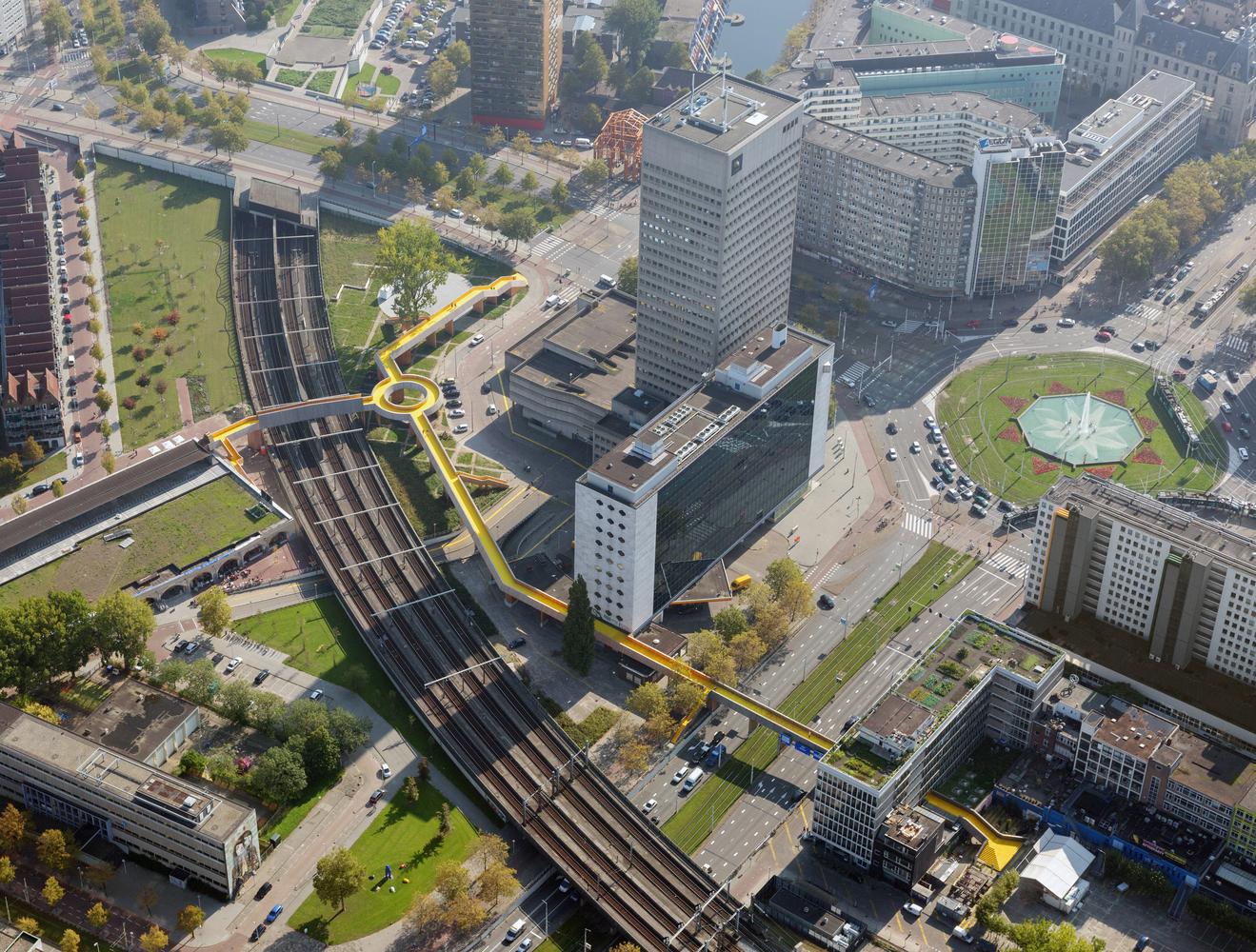The inspiring and innovative plans and ideas with which ZUS managed to save the Schieblock area from of the doomsday scenario that was written by the financial crisis in 2008, has been the reason for the IABR to move its office to the Schieblock in 2010 and to declare the area one of three Test Sites in the context of the 5th IABR: Making City (2012).
Research
Test Site Rotterdam
2010 – 2012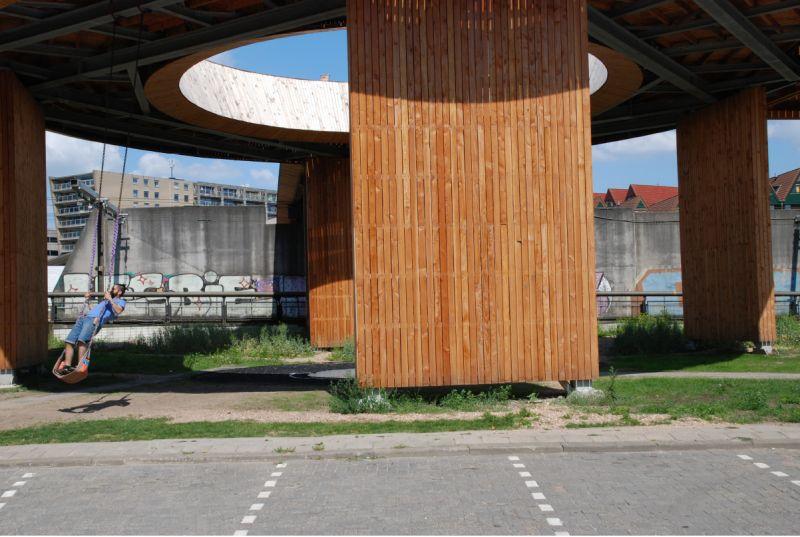
- Credits
Like at the IABR Test Sites in Istanbul and São Paulo, research by design was used as the tool to test new perspectives on urban development. In this case, by shifting from traditional, top-down real estate development, to working bottom-up, with small initiatives as starting points, and making connections in infrastructure and between people. The Test Sites are the precursors to the IABR Ateliers.
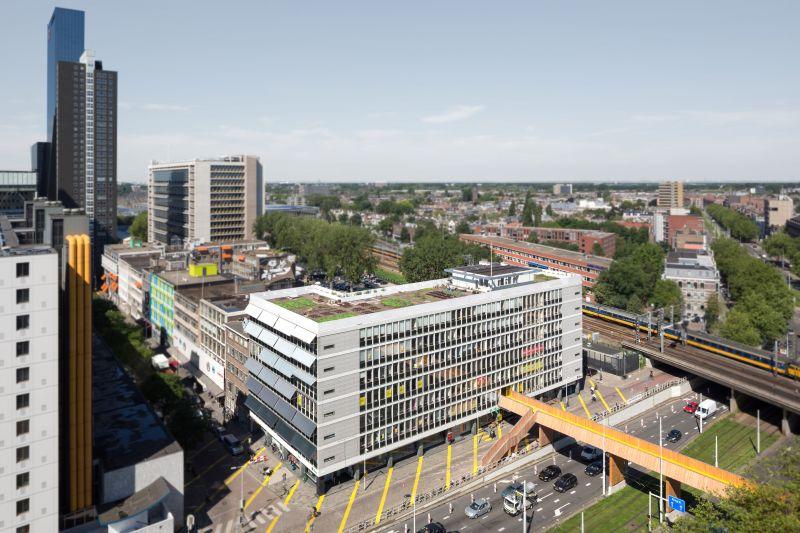
Test Site Rotterdam is a project by the IABR and the architecture office ZUS addressing the Rotterdam Central District. Both the IABR and ZUS reside in the area and they feel that vitality must be restored to this urban district.
Just as in many other Dutch cities, countless square meters of office space lie empty in Rotterdam. But here, most of these empty buildings are right in the city centre. In the Rotterdam Central District, the relatively small area between Central Station, Weena and Pompenburg, there is (in 2010) around 100.000 m2 of unused space. This is the equivalent of the surface area of around 1200 homes.
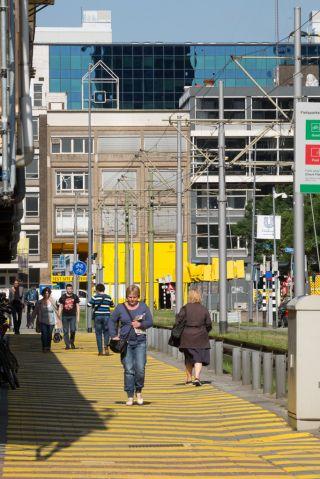
Vacant buildings drain the area of life – there are fewer shops, fewer people, less atmosphere, less local economy and fewer interactions, in short, all the things that make a city vibrant. At the same time, Rotterdam desperately needs more small living and working units. ZUS, the IABR, and a growing group of other stakeholders in the area, have decided to take up the challenge and to develop and promote ways to transform the central district in such a way that it becomes a lively part of the city again.
Given today’s market economy, it’s safe to say things will not get better by using the same methods as before, on the contrary. What has helped cause the financial crisis cannot solve it. Experiments therefore with strategies that want to revitalize the heart of the city by using alternative forms of funding and planning, and by employing newly developed design approaches have been run at Test Site Rotterdam.
The test projects include the DakAkker (a vegetable roof garden), Park Pompenburg, the Biergarten and the Luchtsingel, a crowdfunded elevated walkway that will eventually connect the Central Station to Hofbogen, running right through the heart of the Central District.
After winning a city wide referendum, the Rotterdam City Initiative, with a wide margin, the Luchtsingel really got off the ground. Construction was started in March 2012, and the Luchtsingel was opened in June 2015.
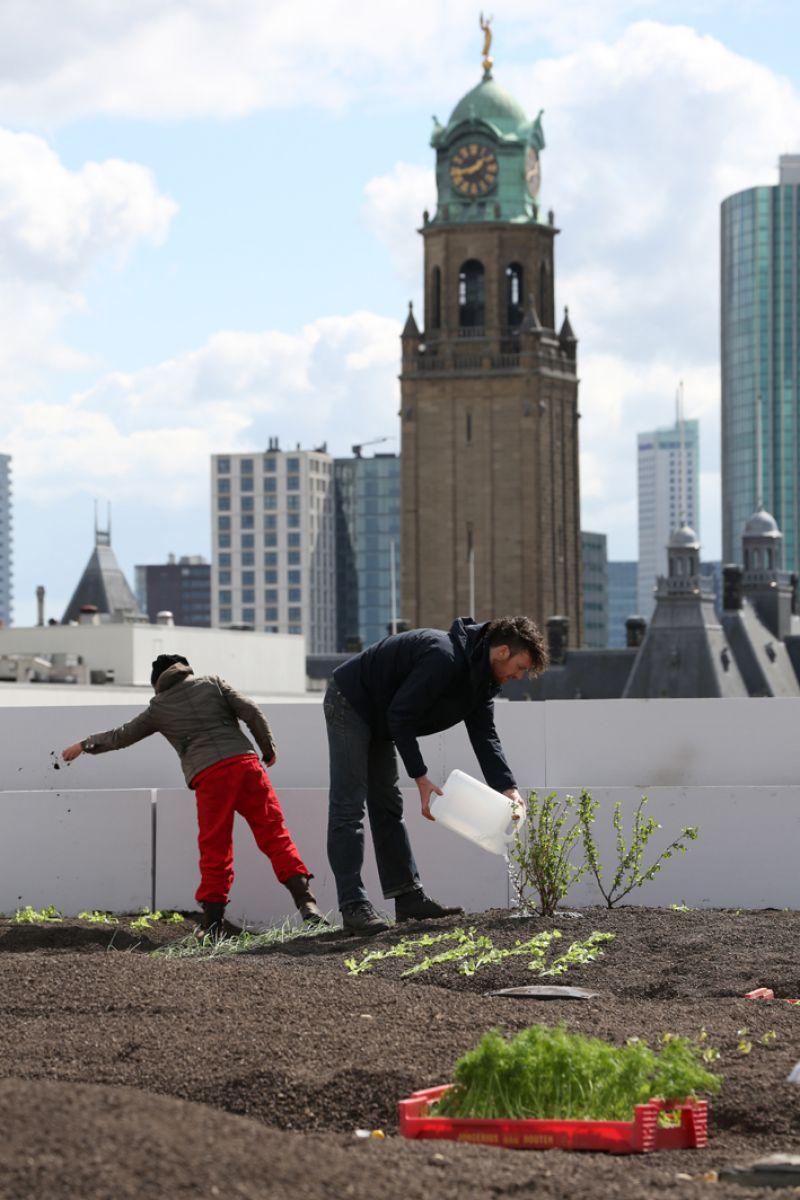
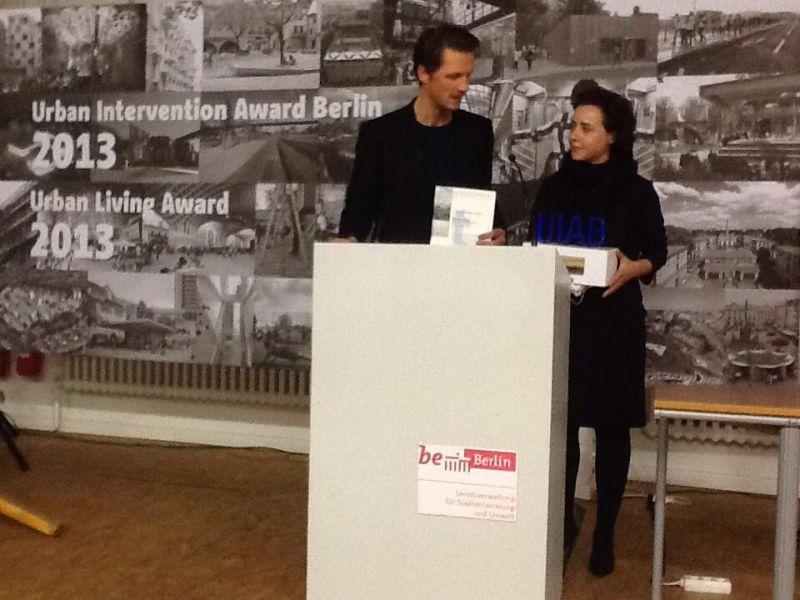
On 9 December 2013 ZUS received the Urban Intervention Award Berlin 2013 for curating the IABR Test Site Rotterdam.
The goal of the Urban Intervention Award Berlin is to contribute significantly to the improvement of the quality of life in an urban environment. The intention is to bring to the public eye interventions in urban space which contribute substantially to newly defining, revitalizing and valorising inner-city neighbourhoods. The prizes will be given to outstanding realized projects which are examples of excellent architecture in conjunction with new innovative concepts of use and/or conversion, and which were developed through cooperation between partners coming from varying fields and disciplines.
